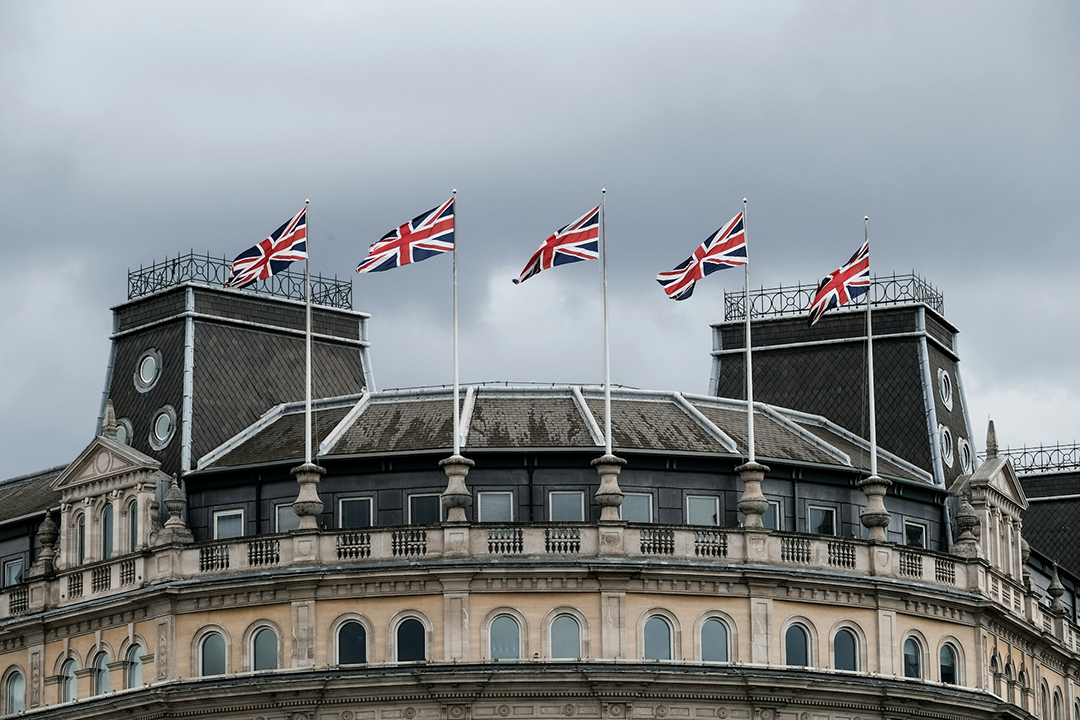Brexit and the effect on trade mark rights
- IP & Trademarks

This article has been updated 2020-01-30
Brexit has been an extended story - but with only 24 hours to go here is what you need to know about Brexit, which dates you need to consider and how the recently ratified "Withdrawal Agreement Act" will affect your trade mark rights.
The biggest change after Brexit on the trade mark side is that new EU trade marks will not receive protection in the United Kingdom. Post-Brexit, a national application will be required (similar to e.g. Norway and Switzerland today) to secure its protection in the UK. However, on 29 January 2020 the European Parliament ratified a withdrawal agreement which will provide for a transition period instead of a sharp exit. This transition period will be in effect from 1 February 2020 to 31 December 2020. During this period, EU rights will still be applied in the UK.
In the case of already registered EU trade marks, these will be converted on 31 December 2020 to comparable national trade marks by the UKIPO (the UK's equivalent of the Swedish Patent and Registration Office). This will happen automatically and will not cost the trade mark holder anything. The new national trade mark will mirror the earlier EU trade mark regarding the application date, seniority, priority etc.
However, other conditions apply for ongoing EU trade mark applications which have not yet been approved by the end date of the transition period (31 December 2020). For these ongoing EU applications, you will need to actively submit a new separate application to UKIPO within nine months of the transition period's end date to receive comparable protection in the UK.
If you do this, your application will be processed as a national application with the same application date as your EU application as long as the application refers to an identical brand with identical goods/services as the original application.
Image source: Twitter
In terms of domain names the impact is not as extensive. Rules for .uk and .co.uk domains are intact. The big difference we already know though is that national companies (UK registered) will no longer be able to own .eu domains.
At Abion, we are prepared to help both new and old customers navigate the Brexit jungle. Do not hesitate to contact us if you have any questions or concerns about how this affects you!
Simon Ivarsson
Attorney at Law
simon.ivarsson@abion.com
+46 70 441 00 72




